Pros and Cons of Mainstream Schools, Homeschooling and Unschooling and which one should I Choose for my Child
Pros and Cons of Mainstream Schools, Homeschooling and Unschooling and which one should I Choose for my Child : When the time comes to choose a school for your little one, it can be a really hard decision to make in terms of where your child goes. For any parent it’s really tough as they battle it out in their minds whether they’re choosing the right school for their child or not. Knowing how tough this decision can be, we’ve decided to look at the pros and cons of mainstream schools, homeschooling and unschooling so that you can be informed when the time comes to make that big leap into school.
What is a Mainstream School?
A mainstream school is defined as a ‘normal’ or ‘conventional’ school. The Oxford Dictionary describes mainstream as “the ideas, attitudes, or activities that are shared by most people and regarded as normal or conventional.” In mainstream schools your child will be in a system where they belong within a group of children who are all generally in the same category.
Mainstream schooling is categorised by age and all the students are taught the same thing at the same time. There is a grading system which is applied to everyone.
Now that we know what a mainstream school is, let’s take a look at the pros and cons.
Pros of Mainstream Schools
- Mainstream schools have a more defined structure of learning as opposed to other alternative schooling options.
- Important life skills are learnt in mainstream schools.
- Mainstream schools are often bigger and therefore provide plenty of opportunities to teach kids to socialise well with their peers.
- Mainstream schools are seen to provide a real-world environment, which is beneficial to children in terms of their futures when entering the world of working.
- Children are exposed to diversity which is an important life-skill and will help them adjust in the real world to differences.
- Mainstream schools are more challenging in terms of the environment and the class sizes which can enable kids to reach their full potential.
- Mainstream schools are built around the philosophy of inclusion and are coined as being there for the greater good of everyone. This is an advantage, however can be a disadvantage at the same time, which we’ll cover in the cons.
Cons of Mainstream Schools
- All students are taught the same thing at the same time. If a student struggles with something, there is not enough individual attention in order to overcome problems.
- As mainstream schools are strongly based on grading systems, kids might struggle to keep up with the pace and can sometimes fail.
- Learning is more passive, as kids are taught through text and lectures, and these schools are often not as interactive as alternative schools can be.
- It has often been found that traditional schools follow the approach of ‘rote memorisation’ – this means that they often have to memorise work, where they might not actually understand it.
- Classes are large, which means that traditional schooling lacks individual attention, as there isn’t enough time to spend large amounts of time with each and every child. This is the disadvantage of inclusion and there for the greater good, which we mentioned above.
What is a Home School?
Homeschooling is a progressive movement around the country and the world, in which parents choose to educate their children at home, or at a homeschool centre, instead of sending them to a traditional public or private school. Families choose to homeschool for a variety of reasons, including dissatisfaction with the educational options available, different religious beliefs or educational philosophies, and the belief that children are not progressing within the traditional school structure.
Pros of Homeschooling
- Homeschooling is extremely flexible, which means that you can take holidays on a whim or do other things as you aren’t tied down to a traditional school calendar. If you see that your child needs a break, you can do this when the need arises.
- There is no rushing around in the mornings, which can actually increase stress and anxiety in children.
- Learning is completely customised as not all children learn in the same way. There is a lot of individual attention so problems or struggles can be ironed out quickly so that individual needs are met. Kids can learn at their own pace without being bored if they understand something in a mainstream school or get left behind if they don’t understand something.
- If the curriculum that is being used is not working, there is the flexibility to change it, for the best results for your child.
- Children get to see that there are learning opportunities everywhere, not just inside the 4 walls of a classroom – if you homeschool you can go on field trips to teach science or geography or any subject matter for that case.
- Often family bonds are very strong when homeschooling and siblings become best friends.
- There are no worries about bullying or school violence. Parents know that their kids are safe and sound.
- One on one time just can’t be given in a mainstream environment, but in homeschooling this is exactly what is being given. You can’t beat the student/teacher ratio in homeschooling.
- Parents know what is going on all the time, and don’t rely on feedback from teachers of the school. They can watch their kids daily and give them the time that they need.
Cons of Homeschooling
- Socialisation is seen as a big disadvantage when homeschooling as kids don’t spend their days with other kids, they are often at home with their parents and siblings if they have any. They don’t get the opportunity during the ‘school day’ to make new friends.
- They aren’t exposed to diversity and different cultures, which can give them a disadvantage in the real-world.
- There are often time restraints for moms and dads, as they need to devote a lot of time to homeschooling their child and this can also cause exhaustion of the parent who is doing the homeschooling.
- If you’ve taken the decision to homeschool, you can certainly bump into some financial problems as you aren’t able to work a full day. Normally one spouse leaves a full-time job and the family relies on a single income, which can be tough.
- You will be with your kids 24/7 and not be able to take a break from each other. This can be exhausting for parents.
- Homeschooling doesn’t really provide the opportunity for team sports. Although you can of course send your kids to sports clubs, there is also a cost involved, while at a mainstream school most sports are included in the fees. If your child can’t participate in team sports, they will never learn how to work as a team, which can be a major disadvantage when it comes to a career.
- Homeschooling is often viewed as being a bit radical and out of the norms of society. Be prepared that you will have plenty of negative comments flying your way. Even though homeschooling is growing by about 15% a year in the US, it is still seen as an oddity. So be prepared for this, and try and take it as it comes. You will be the only one that really knows what’s best for your kids, and your decision to homeschool would have been based on sound principles. Stick to your guns and carry on doing great work.
What is Unschooling?
Unschooling is a method of homeschooling that puts the desire, drive, motive and responsibility for life – this thing we call learning, or education – in the hands of the learner. Unschooling is what defines a life lived on one’s own terms, whether you’re a child, a teen or an adult.
Unschooling children are supported to pursue, or self-direct, the myriad of things that are of interest to them, eat foods they enjoy and in quantities that are satisfying, sleep and rest according to their individual needs, choose friends of all ages or none at all, engage in the world in unique and powerful and self-directed ways.
Unschooling also means that kids can pursue their own interests and they don’t need to meet ‘deadlines’, so to speak, of when they should master certain things like reading or an understanding of maths.
The Pros of Unschooling
- Unschooling provides for a lot of freedom and flexibility as kids are free to explore and learn about any subject matter that interests them within a flexible schedule. The family can pick up and go at a moment’s notice or schedule doctor appointments, piano and other lessons during the day when others are in school. Visits to museums and other places of interest are generally more relaxed and informative as these venues are not as crowded as they are in the evenings or on weekends when all the schooled families flock to visit.
- Unschooling provides a natural hands-on approach to learning. When a child is allowed to learn through hands-on real-life situations, they will learn the facts and not just how to manipulate a process. If you think about it, before a child goes to school, learning happens naturally as part of life. Unschooling continues the environment for real-world learning from infancy to adulthood. Pat Farenga, a leading advocate for unschooling, explains, “Get them out of the classroom and into the real world. It’s not about isolating them and drilling them.”
- Stress is hugely reduced for both adults and kids alike. Kids realise that they don’t need to prove themselves by the demands of a curriculum. Instead parents and kids are free to explore as much or as little about a subject together.
- You can save a while heap of time and money. You don’t have to buy any curriculums, no special uniforms, no lunch money or gifts for teachers and classmates. In terms of time there is a lot of https://spielgaben.com/wp-content/uploads/2024/11/chlidrens-simple-art-768×767-1.webp when your child is in a mainstream school as well as picking up and dropping off.
- You can create a nurturing environment for your child where they are allowed to grow and learn naturally. The emphasis is placed more on learning and relating as opposed to finishing a chapter or passing a test or exam. A result of this is the fact that the family can bond within this structure. If you have more than one child, they will learn to relate to each other and get on with each other too.
- You can develop a love of learning. Let’s face it; most kids don’t like ‘learning’ or homework per se. As the learning is child led, they will build up a passion for learning as they are self-directing and learning about things that they’re interested in. Parents are more guiders than controllers and place learning opportunities within their child’s path. Unschooling is sometimes referred to as “stoking the fires of learning” as opposed to “filling an empty vessel”. When your child is interested in a topic there is a natural progression to learn about everything associated to that topic. Learning actually becomes easy and natural as opposed to becoming a battle ground, which it can be when your child is in a mainstream environment. This opens up the potential of grasping concepts at a much higher level than what they can achieve through a set curriculum. You will see them enjoying learning as opposed to dreading it.
- Unschooled kids learn at their own level without the competition that comes in a classroom environment. This works really well if you’ve got kids of different ages and in different grades. Trying to follow different lesson plans with different grades can be extremely difficult, but that’s not the case with unschooling.
The Cons of Unschooling
- There is a lack of structure which can often cause chaos and confusion. As unschooling doesn’t spell out when and what needs to be learned it can seem chaotic for a parent who is looking for more guidance on ways to teach and keep some order in the household. Many parents who are new to unschooling become discouraged and feel unprepared to allow instruction and learning in this manner.
- There is no proof of how well your child is doing as there is no standardised testing. Unschooling provides very little guidance in terms of standardised testing results. The child might be learning something at a grade 1 level, a grade 5 level and a kindergarten level all at the same time. They might even fall below grade level until such time as they feel like they want to catch up. Some parents feel a bit out of control when this happens.
- As with homeschooling, unschooling certainly raises a few eyebrows and is often seen as lazy on the parent’s behalf. Be prepared for plenty of criticism, or negative comments around unschooling.
- Unschooling certainly has its critics who say that it is nothing more than out-of-control chaos and educational neglect where you are in an environment that your child controls. This can sometimes be interpreted as a child who is undisciplined and spoilt and who never really learns to deal with conflict, unpleasant circumstances or being told no.
- If you enjoy the normal ‘rites of passage’ like prize giving’s and ceremonies for example, you won’t get this with unschooling, so you’ll need to think about this. It could take some adjusting.
- In the US, The Homeschool Legal Defense Association (HSLDA) reports that homeschooling, which includes unschooling, is legal in all 50 states, but some states require more paperwork than others. Some require testing. Most require some form of keeping track of the child’s work or logging a set number of credit hours for required subjects. For an unschooler, this requires some creative thinking to figure out how a day filled with reading, visiting a museum, playing a computer learning game, and shooting some basketballs through a hoop all fall into the subjects required to be logged. In states where testing is required, it can be a difficult challenge for unschoolers who don’t believe in testing.
Which Schooling Option Should you Choose for your Child
Each child is different as is each family and you will need to make a decision based on your particular circumstances. If homeschooling or unschooling appeals to you, you need to make sure that you have the time to dedicate to this important task and also weigh up the financial implications. If mainstream is what you want then again, make sure that your child is ready for the mainstream schooling environment. These pros and cons should help you to decide what the best option is for you and your kids too.
We hope this article helps you to make an informed decision about what type of schooling is best for your particular set of circumstances. If you have any comments we’d love to hear them.

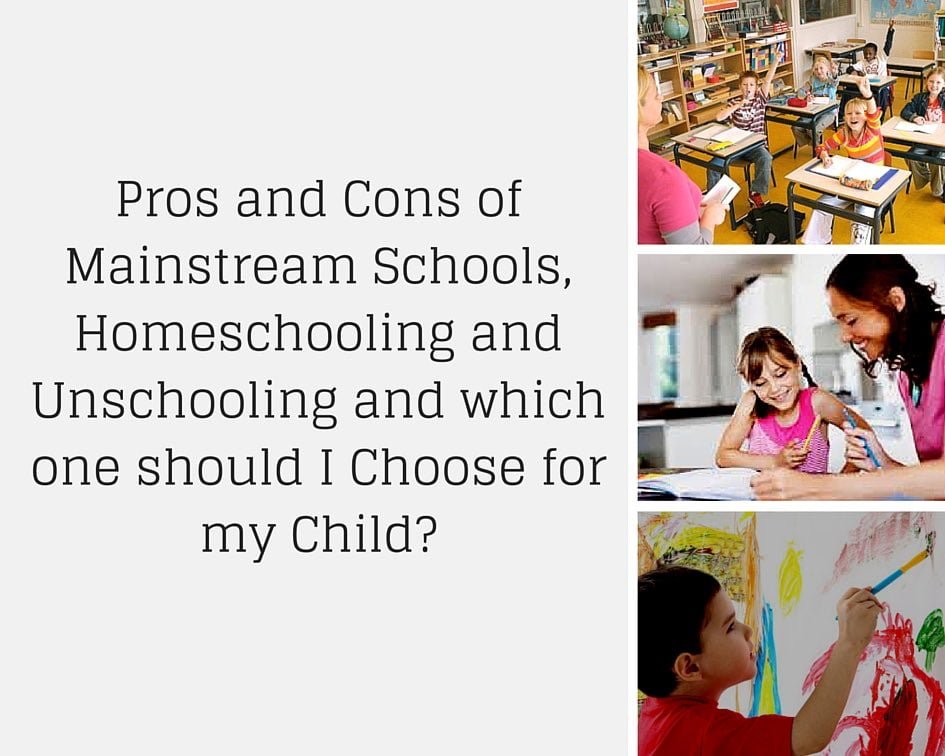

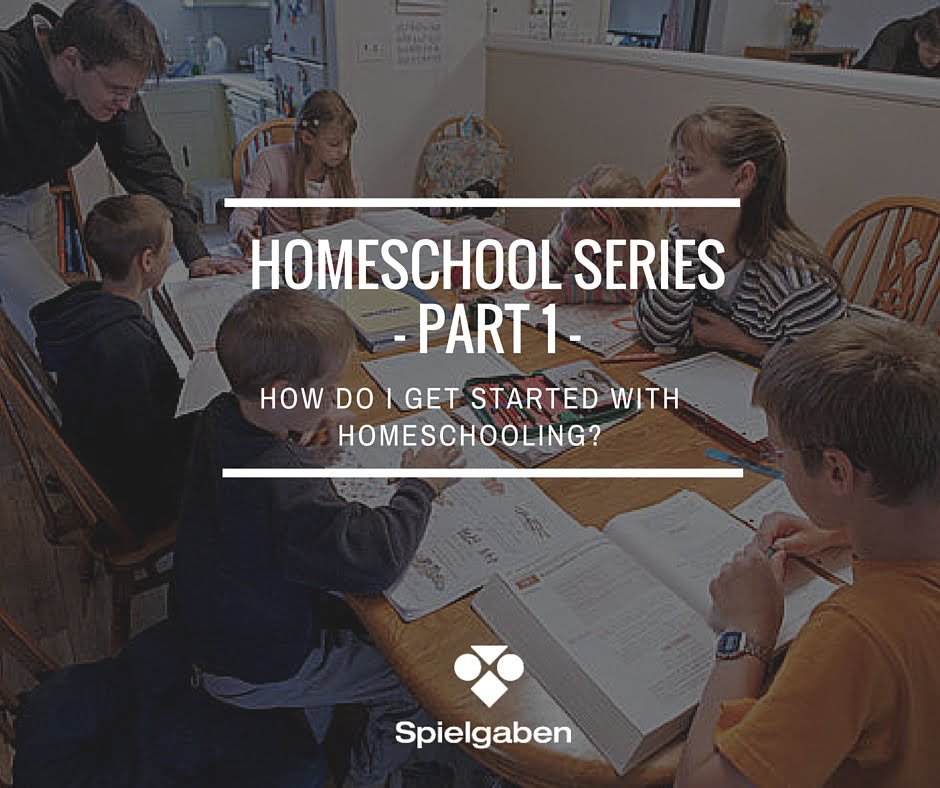
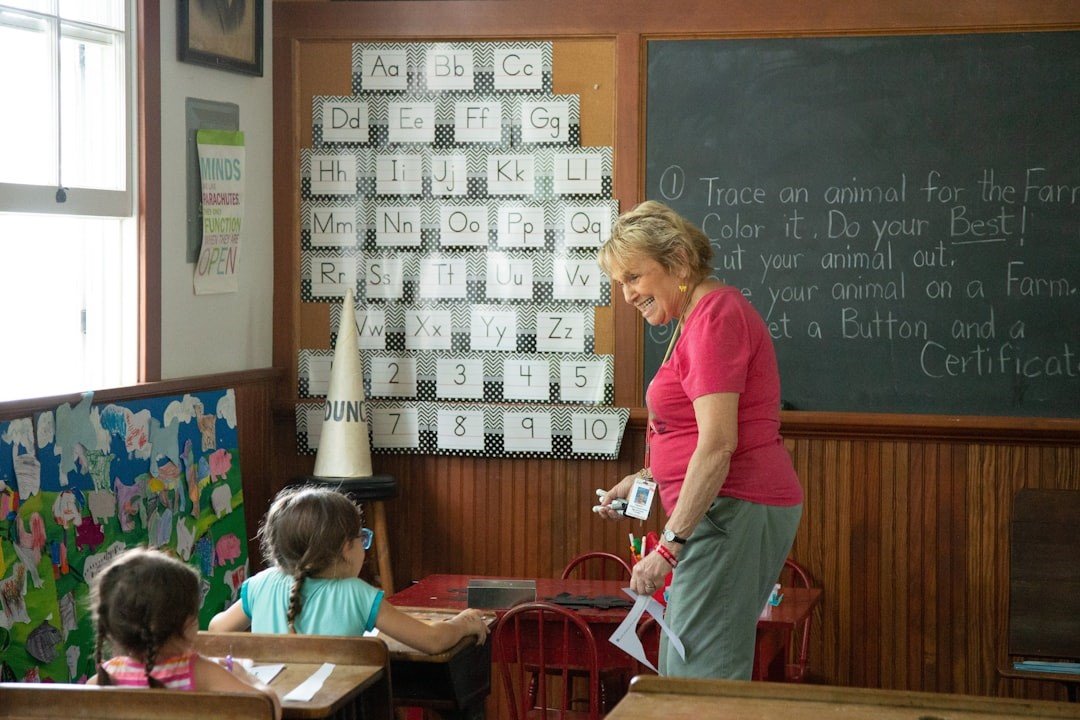

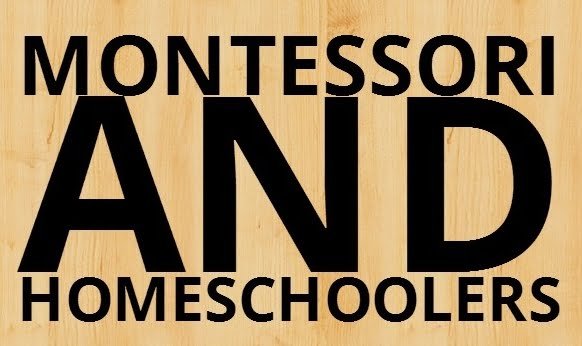
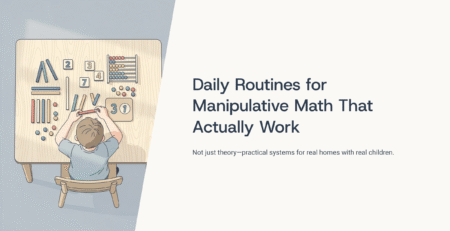



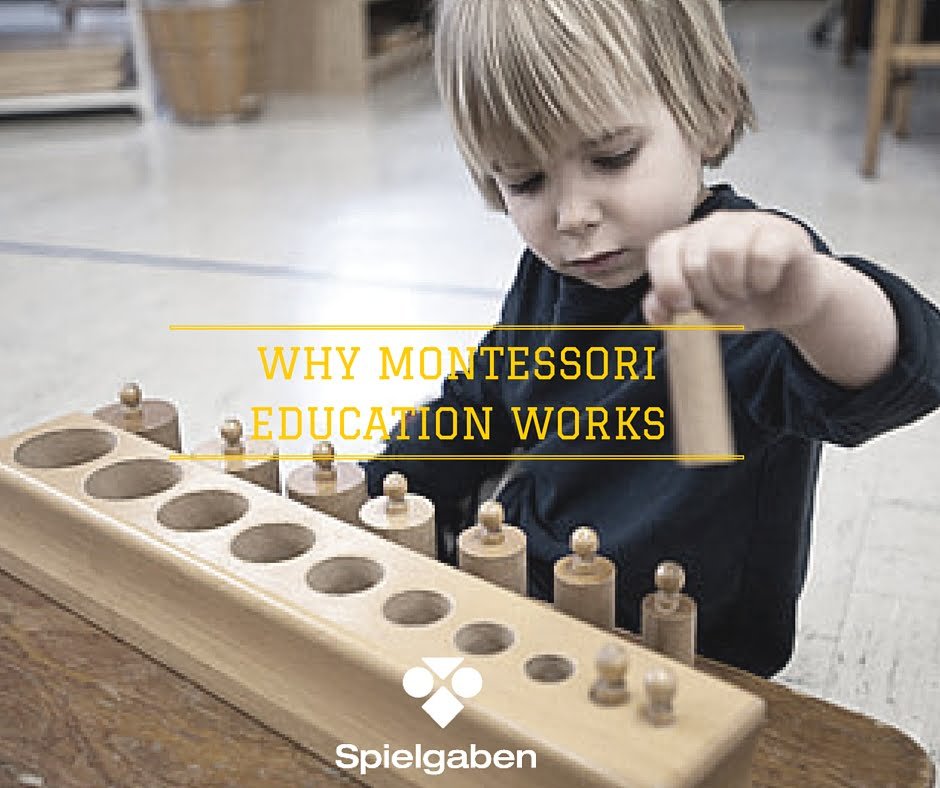

LEAVE A COMMENT